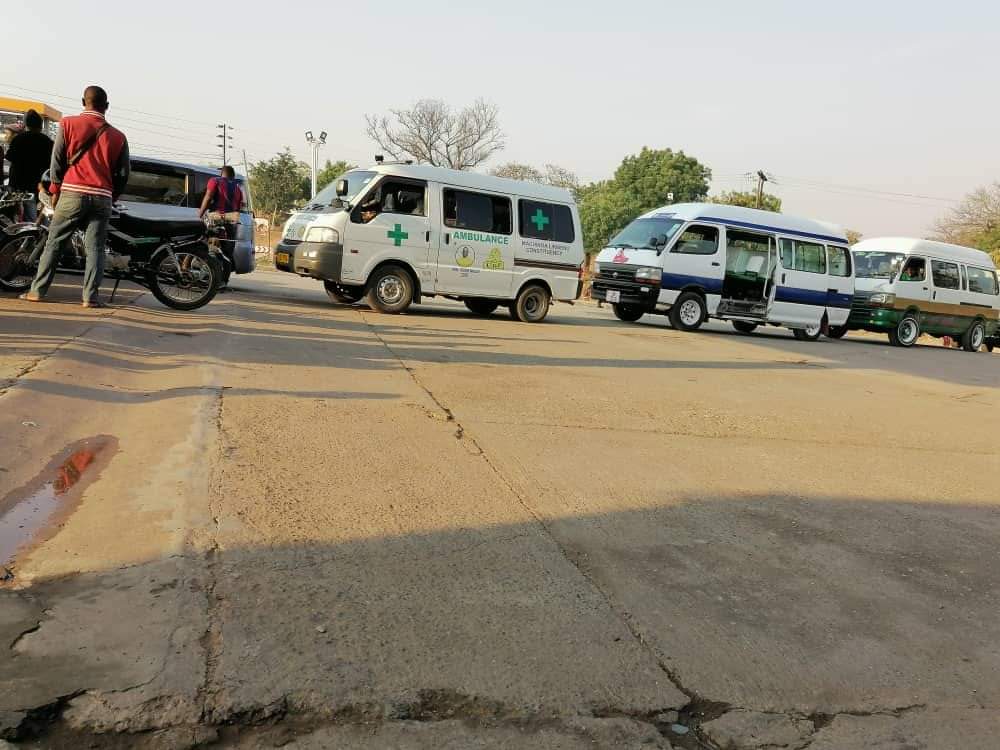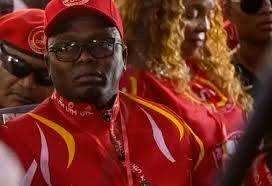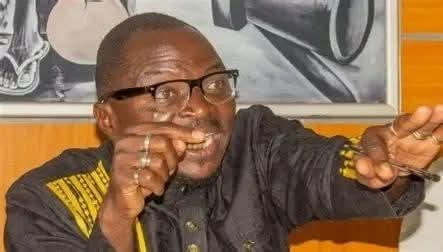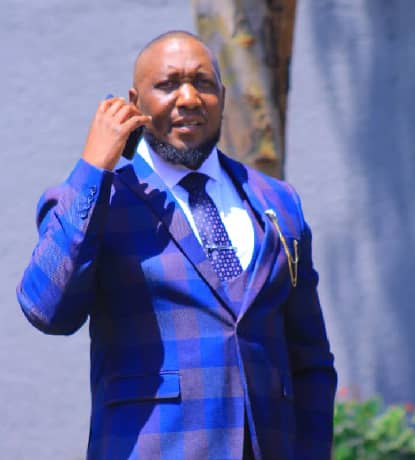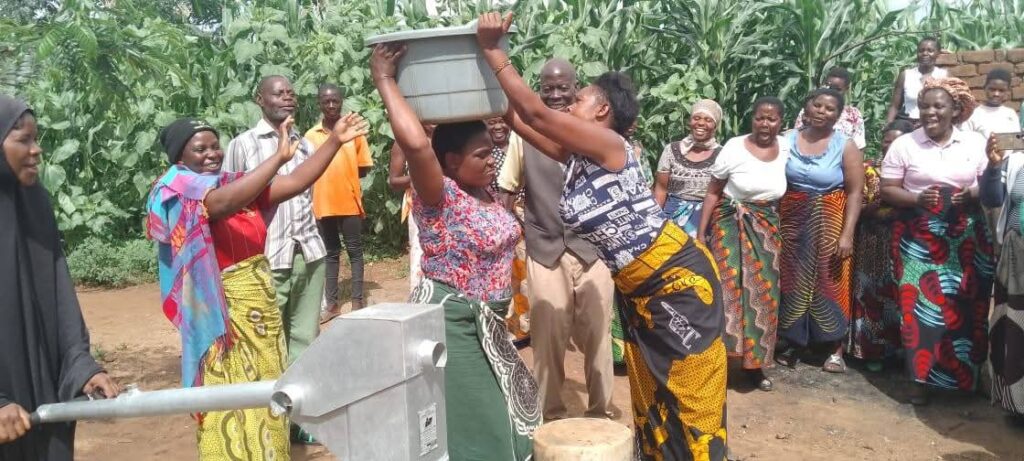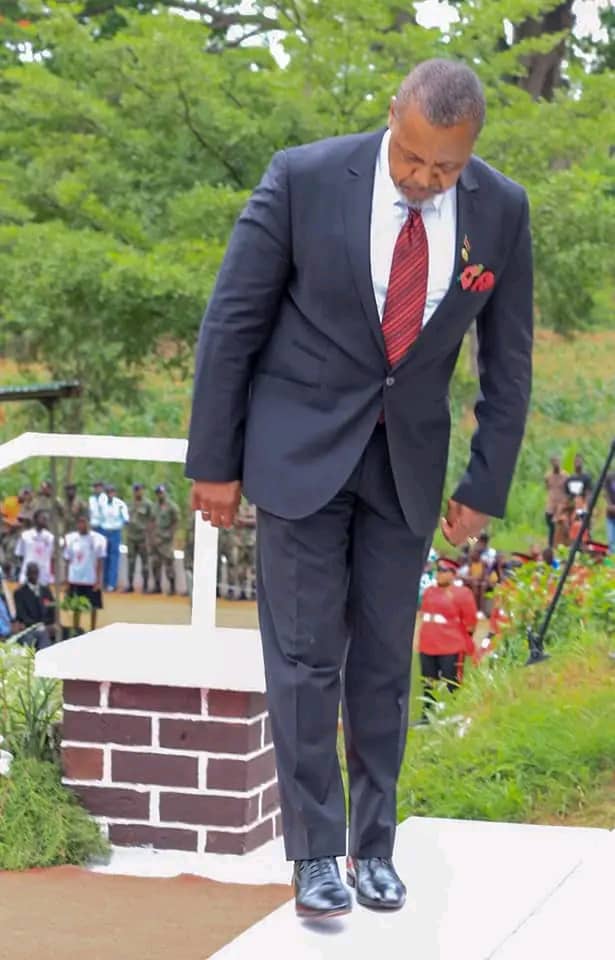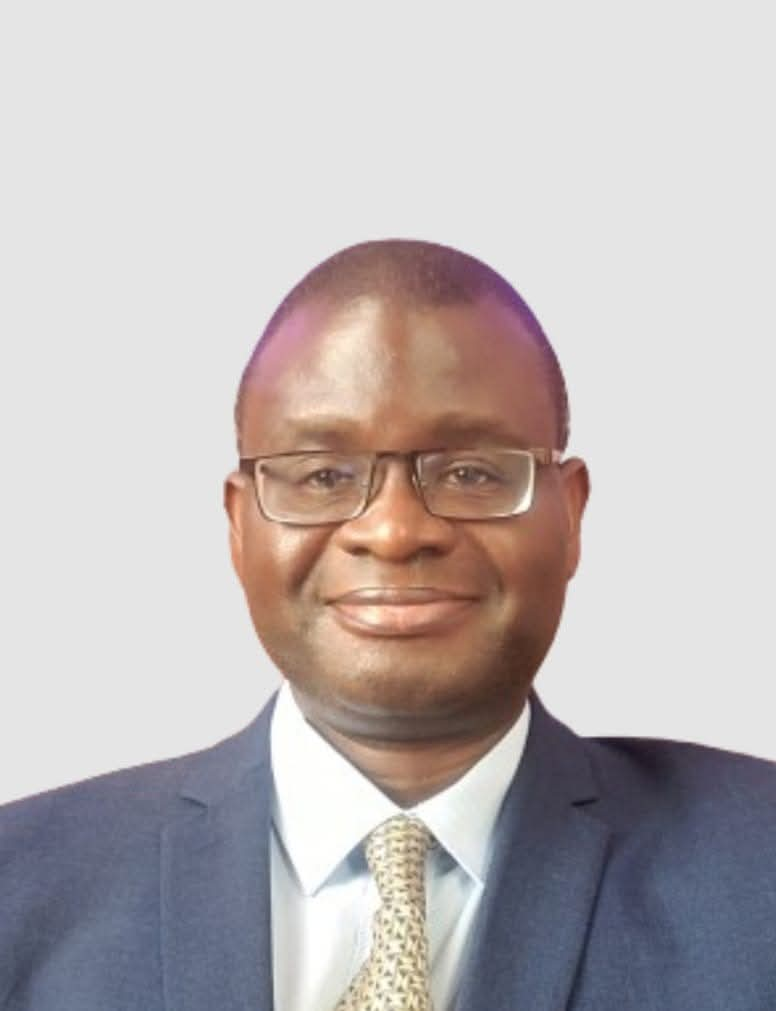By Burnett Munthali
As Malawi approaches the official campaign period for the upcoming elections, reports of violence and intimidation between rival political parties and candidates are already surfacing. These early signs of unrest paint a bleak picture of what may transpire during the official campaign phase, leading to debates and discussions within political parties on how best to address the escalating tensions. Various schools of thought have emerged, each proposing unique solutions to curb the growing challenge of political violence and uphold democratic values.
Peter Mukhito, the Secretary General for the Democratic Progressive Party (DPP), emphasizes the importance of direct engagement between political parties. He suggests that dialogue and cooperation among parties are essential in fostering a peaceful campaign environment. “We need to engage with one another more constructively,” Mukhito stated in a recent interview. According to him, inter-party communication will allow for common ground to be found, and mechanisms can be put in place to resolve disputes before they escalate into violence. He argues that ignoring the root causes of these conflicts and failing to engage will only perpetuate the cycle of violence, undermining Malawi’s democracy.
In contrast, Jessy Kabwila, the Publicity Secretary for the Malawi Congress Party (MCP), advocates for a more internal approach within political parties. Kabwila highlights the need for stringent checks on individuals who hold influential positions within parties. “Parties need to be more careful about who they put in positions of power,” she noted, emphasizing that leaders should be of good character and committed to peaceful political processes. She believes that by thoroughly vetting leaders and influencers within parties, the political landscape can be steered away from violence and intimidation tactics, fostering a more peaceful electoral process.
Meanwhile, the UTM’s Publicity Secretary, Felix Njawala, takes a different stance, identifying youth empowerment as the key to tackling political violence. Njawala observes that young people are often the perpetrators of violence, not out of ideological conviction, but because of economic desperation. “Most of these young people are paid to cause trouble due to idleness and lack of opportunities,” Njawala said. He proposes that addressing unemployment and providing meaningful engagement for the youth will significantly reduce their vulnerability to exploitation by political actors. By investing in youth empowerment initiatives, Njawala argues, political parties can help curb the cycle of violence.
These differing perspectives highlight the complexity of addressing political violence in Malawi. On one hand, there is a call for greater inter-party cooperation and dialogue, while on the other, there is an emphasis on internal party discipline and youth empowerment as preventive measures. As the country gears up for the campaign period, it remains to be seen which of these strategies will gain the most traction in ensuring a peaceful and democratic election.
What is clear, however, is that political violence not only threatens the safety and security of Malawians but also undermines the very fabric of democracy. As parties continue to navigate this issue, the hope is that constructive solutions will emerge to foster an environment where political competition is conducted peacefully and in the spirit of democracy.

